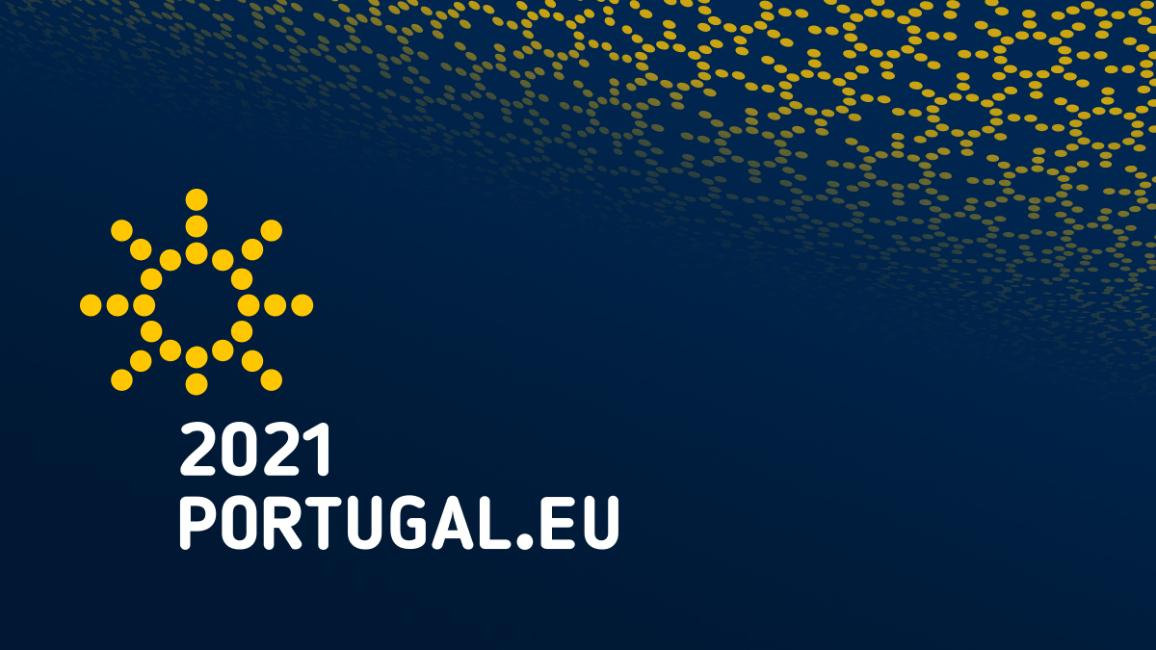On 1st of January 2021, Portugal took over the 6-month Presidency of the European Union from Germany. Portugal now has the chance to set its own focuses and continue the implementation of the trio programme published alongside with Germany and Slovenia.
In its recently published programme, the Portuguese government declared that it seeks to promote a European recovery based on the green and digital transitions and to promote the implementation of the European Pillar of Social Rights.
“The European Pillar of Social Rights is a crucial tool to provide quality work and foster social inclusion. Especially in times of social hardship and increasing inequalities, Europe needs to make sure it does its very best to protect and promote the social rights of its citizens. Worker and social cooperatives are well placed and committed to support a meaningful implementation of the European Pillar of Social Rights under the Portuguese council presidency”, CECOP President Giuseppe Guerini highlights.
Worker and social cooperatives and the wider social economy need to be reflected in the upcoming Social Pillar Action Plan, and Disability Strategy. The planned European Social Summit in Porto will provide a crucial platform to engage with European law makers, civil society and social partners to ensure an effective implementation of the Social Pillar in the different EU strategies.
In the fields of the digital transitions, CECOP welcomes the proposal of the Presidency to focus on skill development and reiterates that Europe needs a human-centred approach to the digital transition that ensures that no one is left behind in the digitalization of European economies. Especially in the field of platform work, efforts need to be taken that workers and their social rights are at the core of new business models in the digital economy.
The European Green Deal needs to lead to the meaningful decarbonisation of European industries. Europe’s industrial cooperatives have been advocating for a sustainable transition and deliver their parts by maintaining skills and a competitive industrial basis in Europe. These achievements need to be reflected in the upcoming update of the European Industrial Strategy, and new support mechanisms to invest in green technologies must reflect the needs of industrial cooperatives, especially by ensuring access to finance.
Giuseppe Guerini further added: “to ensure that the plans for a sustainable Europe with its dimensions of social sustainability and the green and digital transitions can work, we need a change in tax policy. The EU needs to end fiscal competition between its member states and ensure that taxes are paid, so that there are means to give life to the promise of a social and sustainable Europe.
CECOP is looking forward to engage with the Portuguese presidency on these important topics over the course of the first half of 2021.








 Employment & Social Inclusion
Employment & Social Inclusion  Sustainable Growth
Sustainable Growth 

